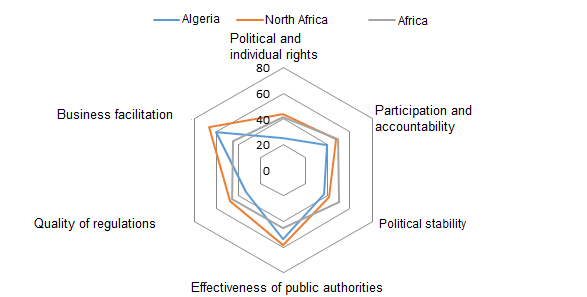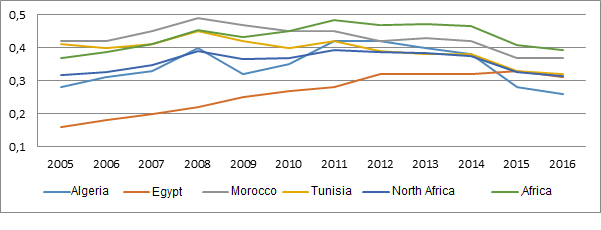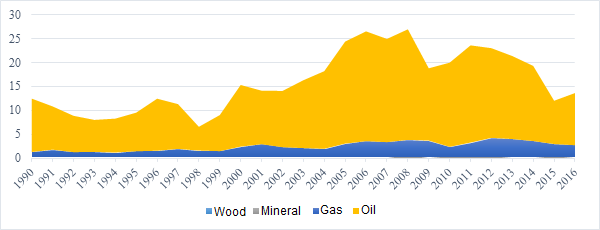Faced with school closures in at least 188 countries around the world as a result of the Covid-19 crisis, many educational institutions have had to set up a distance learning…
Faced with school closures in at least 188 countries around the world as a result of the Covid-19 crisis, many educational institutions have had to set up a distance learning system. This temporary reorganization of activity will certainly have a strong and lasting impact on educational structures.
If this distance learning is sometimes complex, particularly because of the problems of connection or availability of computer tools, it is even more so for the early childhood sector, given the risk of overexposure of toddlers to digital tools and the lack of autonomy of the latter in their learning, as evidenced by the three actors dedicated to this sector met for this article.
Reinventing learning
The current health crisis has forced educational institutions as a whole to reinvent and rethink their activities. La Coccinelle, a network of crèches and nursery schools in Côte d’Ivoire, has put online exercises, educational games, nursery rhymes and some graphic design, pre-reading and mathematics activities so that children do not lose their skills. At Kër ImagiNation, a learning and cultural center for children in Senegal, online sessions by Zoom were carried out in small groups to enable better participation by the children. As the sessions progressed, the content and the way of interacting with the children at a distance became more refined, for example by using puppets or proposing simple educational experiences, such as an experiment on water, which the children could carry out at home with their parents.
E-learning, although possible and sometimes even favorable for theoretical subjects, does not easily lend itself to practical learning. At La Coccinelle, for example, parents had to print out the exercises to enable the children to work on paper. Because many fields, such as graphic design, cannot be learned online. At the Institut Académique des Bébés in Senegal, a training school dedicated to the professional training of children’s professions, practical subjects represent about 45% of the learners’ curriculum. For these subjects, e-learning was not feasible and practical workshops were conducted on the premises, in small groups. However, this required a significant investment for the promoter, as the whole school organization had to be rethought. The space had to be rearranged in order to respect the meter of social distance between the learners. Masks and hydro-alcoholic gel had to be purchased to equip the learners and trainers. Finally, between each group, the premises had to be disinfected.
E-learning, although possible and sometimes even favorable for theoretical subjects, does not easily lend itself to practical learning.
Many difficulties arise with this learning
The crisis revealed huge disparities in the level of emergency preparedness of countries, children’s access to the Internet and the availability of educational materials. These difficulties make it difficult for children who are far away from these tools to learn. In addition, distance learning has often required the training of both parents and trainers in digital tools.
Finally, home-schooling for toddlers requires the presence of a parent or an adult who is able to accompany the child in his or her learning. However, the latter’s professional occupations were not necessarily compatible with the children’s needs. The closure of schools left parents confused about how to support their children’s learning at home. Aware of these issues, Karima Grant, founder of Kër ImagiNation, now wishes to develop a project specifically dedicated to parents, in order to support them, through a platform, in parenting and pedagogy.
The same concern: the future of the early childhood sector and, consequently, the future of these children
The realities of the early childhood sector are of particular concern, as the recovery of tuition fees is even more complex in times of school closures, compounded by the costs of school staff and operations. Many early childhood actors in Sub-Saharan Africa are today in a delicate situation, with an uncertain start to the new school year.
The latter feel forgotten by the public authorities, even though the early childhood sector is essential for the development and construction of the child. In Bangladesh, a study implemented by the World Bank’s Strategic Impact Evaluation Fund (SIEF) revealed that providing young children with an extra year of pre-school education is an effective way to improve school readiness for both boys and girls (especially girls). Researchers measured the impact of an extra year of preschool for children at age 4, compared to the standard year of only one year from age 5. After two years, children who were offered an extra year of preschool had significantly higher scores in literacy, numeracy and social-emotional development than children who were offered preschool only from age 5.
According to Sara Adico, director of La Coccinelle, “The awakening, simulation and development of children have been left behind. But if early childhood is well supervised, it promotes a good psychological development of the child, which is beneficial for the whole nation”.
Children have already begun to unlearn, both in terms of skills (graphics, dictation, etc.) and psychic skills (social interactions, motor skills, etc.), a situation that is more serious for children with psychosocial problems. According to these actors, if the situation were to drag on, it should affect primary, secondary and finally higher education in the years to come, and thus represent a real problem in term of human capital and economic repercussions.
If the situation were to drag on, it should affect primary, secondary and finally higher education in the years to come, and thus represent a real problem in term of human capital
Whether for Sara Adico of La Coccinelle, Karima Grant of Kër ImagiNation or Fa Diallo of IAB, the current crisis can be an opportunity to reinvent and rethink the early childhood sector. It is a way for the early childhood education community, once the weaknesses of the digital tool as a solution to early childhood distance learning are recognized, to seek innovative solutions to improve the added value of child care. But for this to happen, a reflection must be conducted with all stakeholders (families, public institutions, major employers, etc.) to find and create systems that are conducive to the psychological development of children. With regard to early childhood, it is not appropriate to limit efforts in the field of health or nutrition, since the lack of quality early childhood care structures can be especially damaging to the child’s psychological development and thus, in the longer term, have real economic and human capital implications.
Read more
![]() Discover the article “African schools: facing the covid-19 crisis”
Discover the article “African schools: facing the covid-19 crisis”


